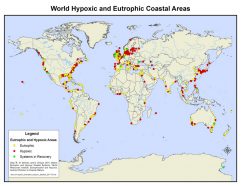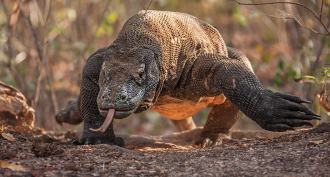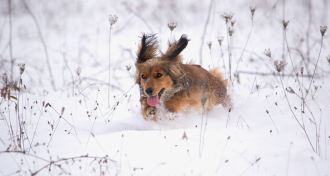Life

Educators and Parents, Sign Up for The Cheat Sheet
Weekly updates to help you use Science News Explores in the learning environment
Thank you for signing up!
There was a problem signing you up.
-
 Humans
HumansBecoming human
Two new studies suggest that during ice ages, steep drops in temperature may have sent ancient species moving to more temperate, or mild, areas. As a result, these species would have been isolated from other populations.
-
 Environment
EnvironmentSuffocating waters
Coastal animals around the world are spending more time in or around waters with too little oxygen.
-
 Fossils
FossilsDino drama
Scientists study skulls to determine whether Triceratops and Torosaurus were two different species.
-
 Fossils
FossilsEarly toehold on land
A five-toed fossil now holds the record for smallest, oldest foot ever found.
-
 Plants
PlantsAncient flower blooms again
Scientists have found the fruit of an ancient plant that had been frozen underground in Siberia — a region covering central and eastern Russia — for about 31,800 years. Using pieces of the fruit, the scientists grew plants in a lab. The new blooms have delicate white petals. They are also the oldest flowering plants that researchers have ever revived from a deep freeze.
By Roberta Kwok -
 Animals
AnimalsCan’t touch this: Unusual venomous creatures
Scientists study a cast of creatures to learn how to use toxins to treat pain and disease.
-

-

-
 Animals
AnimalsCosts of missing sleep
Some fruit flies do fine without sleep, as long as they’ve got enough to eat.
-
 Animals
AnimalsPythons overtake Everglades
In southern Florida, giant snakes change the ecosystem one meal at a time.
-
 Microbes
MicrobesKilling a bacterial killer
A common, cheap element offers hope against deadly bacterial infections.
-
